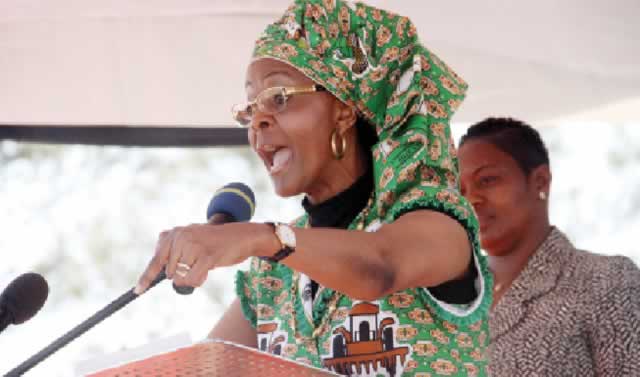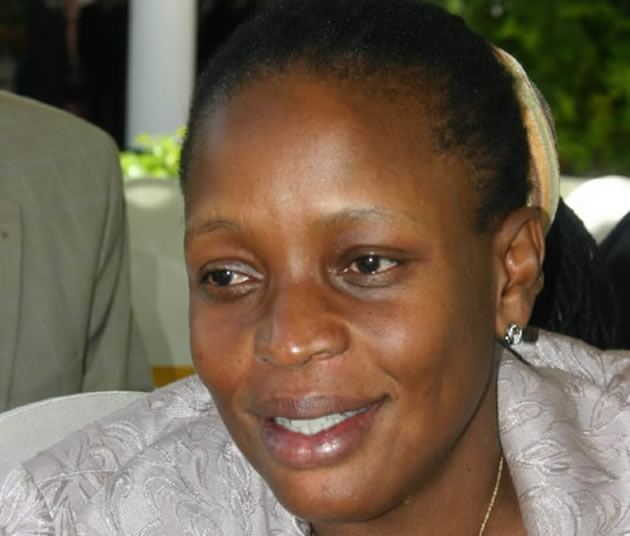Pasture shortage puts 600k cattle at risk

Leonard Ncube Victoria Falls Reporter
FARMERS in Matabeleland North risk losing about 600,000 head of cattle due to a shortage of pastures caused by drought, the livestock department has said.
Acting provincial livestock officer, Addmore Chikohwa told The Chronicle yesterday that Hwange, Binga and Tsholotsho were the worst affected districts.
Chikohwa urged farmers to start making hay in preparation for the worst as about 99 percent of the cattle in the province could be lost.
Chikohwa said about 600,000 of the estimated 610,708 head of cattle in the province are at risk.
The shocking estimate is a 100 percent increase from the 300,000 that was estimated to be at risk in the first quarter of this year.
“For now we don’t have a comprehensive picture because we haven’t carried out an assessment, which I think we should be doing per district. However, generally, grazing land is totally deteriorated and there is definitely a need for a clinical assessment,” he said.
“Most farmers are already seeking relief grazing elsewhere save for those on A2 farms. Hwange, Binga and Tsholotsho are the worst affected and farmers are now going into game parks and the Zambezi River to seek pastures. Our message to farmers is that they should pool resources and ask for permission to cut hay from national parks. They should also try to lure seed companies so they get subsidised seeds for hay.”
He said farmers risk losing out since predators in game parks were likely to feast on calves, “because we’re getting into the calving period.”
Chikohwa said Matabeleland North is water-stressed which was creating human-animal conflict, hence the need for investors to develop water sources.
Most parts of Matabeleland North depend on borehole water for human and livestock consumption, a majority of which are broken down.
“The other key issue is water and our plea is that all investors, especially non-governmental organisations should consider establishing [alternative] sources,” he said.
Chikohwa encouraged farmers to rehabilitate pastures through paddocking.
“Usually we’ve people keeping large herds of cattle without a business plan and that should change,” said the livestock department officer.
Chikohwa said among other mitigatory measures, farmers should prevent veld fires to preserve the little pastures available.
Parts of Bubi and Umguza have better pastures.
He said moving livestock from one district to another also exposed them to diseases.
“This is why we’re also calling on local authorities and every other stakeholder to work together and ensure that even beef dealers don’t transport live livestock,” said Chikohwa.
Matabeleland North used to be one of the leading livestock producers in the country but the numbers have plummeted due to recurrent droughts.












Comments